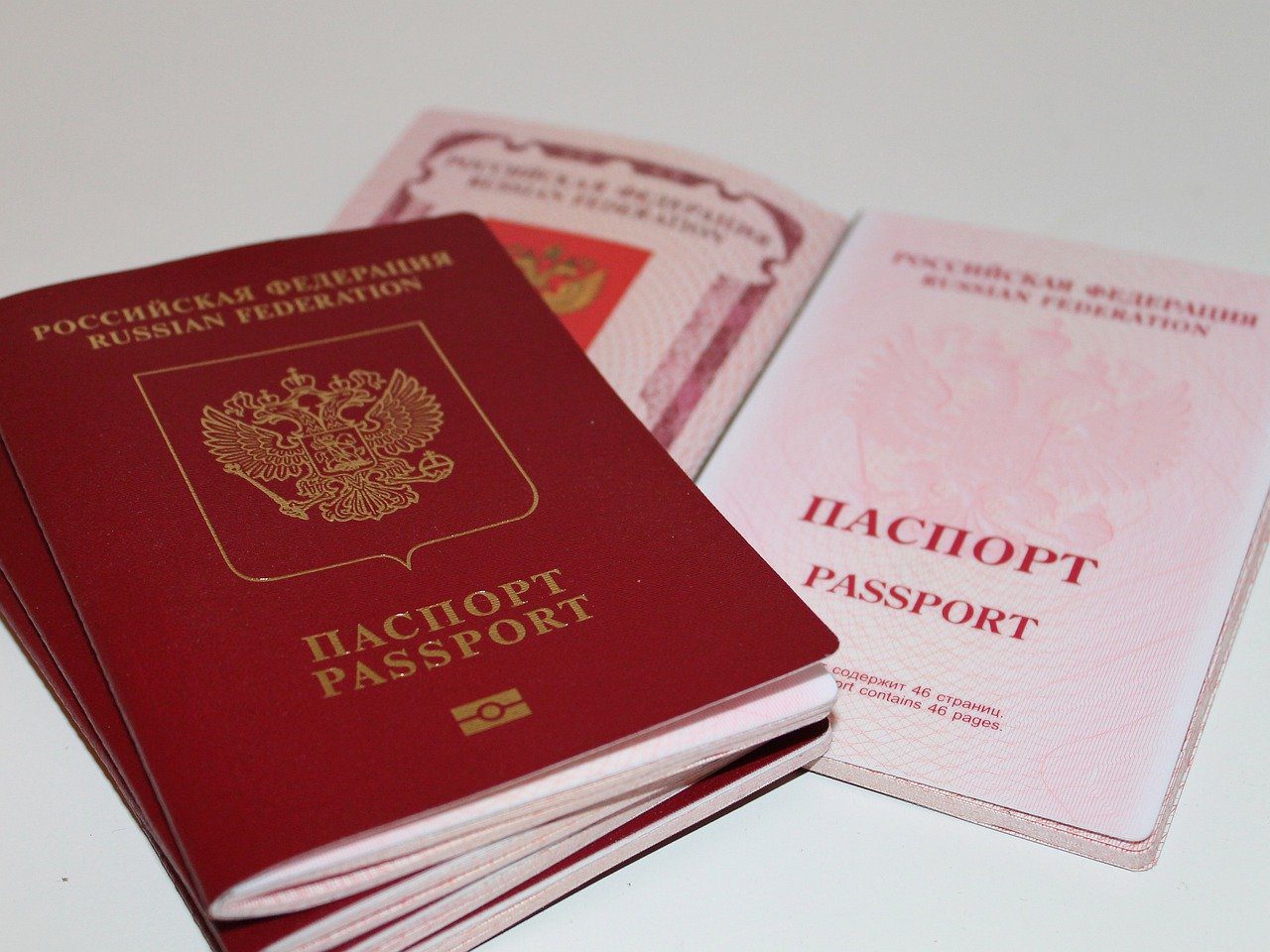
Vladimir Putin launched a partial mobilisation in Russia last week to continue his military agenda in Ukraine. The news is causing concern among some Russians, and some are looking to desert or even flee abroad. European countries—Russia’s neighbours or not—have taken on different roles with respect to potential deserters.
Germany was quick to announce its desire to welcome those refusing to mobilise. German Interior Minister Nancy Faeser explained on Thursday, September 22st, in an interview with the Frankfurter Allgemeine Zeitung that Germany would offer political asylum to anyone who, in her words, “courageously opposes Putin and thus puts himself in great danger.” Deserters who refuse to comply with the mobilisation run the risk of “serious repression,” she added. Her colleague, Justice Minister Marco Buschmann, went one step further, making the reception of Russian deserters a political battle: “All those who hate Putin’s way and love liberal democracy are welcome in Germany,” he said on Twitter.
Anscheinend verlassen viele Russen ihre Heimat: Wer Putins Weg hasst und die liberale Demokratie liebt, ist uns in Deutschland herzlich willkommen. #Teilmobilmachung
— Marco Buschmann (@MarcoBuschmann) September 21, 2022
However, this offensive line is not the one taken by Russia’s immediate neighbours, namely the Baltic states, which have announced that they will not welcome deserters from Russia. Latvia, Lithuania, and Estonia said on Wednesday, September 21th, through their interior and foreign ministers, that they would turn back any Russians who came to their borders. “A refusal to fulfil one’s civic duty in Russia or a desire to do so does not constitute sufficient grounds for being granted asylum in another country,” Estonian Foreign Minister Urmas Reinsalu said. The Latvian government cited security concerns to justify its position, while the Lithuanian government explained that it wanted to study entry on a case-by-case basis.
The reluctance of the Baltic countries can be easily explained because a massive influx of Russian populations on their territory could lead to a demographic shift. According to Euractiv, in Latvia, 25% of the population are Russians, and over 40% of the residents of its capital Riga are Russians.
On the French side, no official position has been communicated for the moment, even if everything suggests that France should follow Germany’s example. For Jean de Gliniasty, former French ambassador to Moscow and researcher at the Institute of International and Strategic Relations, “we must welcome the Russians as best we can.”
Finland, until yesterday, had been the only Russian-EU border state accepting Russian tourists. Since Putin’s announcement, Finnish border guards had observed a more intense influx of vehicles, according to AFP, and an increase in crossings; CBC News cited entry numbers for Russian tourists at 7,000 last Thursday, September 22nd. But on Saturday, September 24th, Finland closed its border to Russian tourists, stating, however, that it was “important to ensure that people can enter on humanitarian grounds.”
The EU, for its part, had tripled the waiting time for Russians seeking tourist visas, from 15 to 45 days earlier this month (before Putin’s announcement), but makes exceptions for dissidents.
Russians have also sought refuge in countries outside the EU, and Kazakhstan, Mongolia, and Georgia have recorded hours-long border crossings. Georgia in particular recorded a 2,300 vehicle cue to pass through their security checkpoint on Saturday, September 24th.
Also this past Saturday, Putin signed new legislation criminalising deserters and those seeking to avoid conscription or service. Reported by the Moscow Times, during times of war—the new law reads—deserters will be subject to 10 years imprisonment; those who avoid service through unauthorised surrender will be punished with 15 years jail time. Shortly following this announcement from the Kremlin, Ukrainian President Zelensky used his official website to appeal to Russian soldiers to surrender, offering three guarantees:
First, you will be treated in a civilised manner, in accordance with all conventions. Second, no one will know the circumstances of your surrender, no one in Russia will know that your surrender was voluntary. And third, if you are afraid to return to Russia and do not want an exchange, we will find a way to ensure this as well.
For the time being, the Kremlin denies the existence of a wave of departures, a phenomenon which, according to Dmitri Peskov, the president’s press secretary, has been “greatly exaggerated.”
